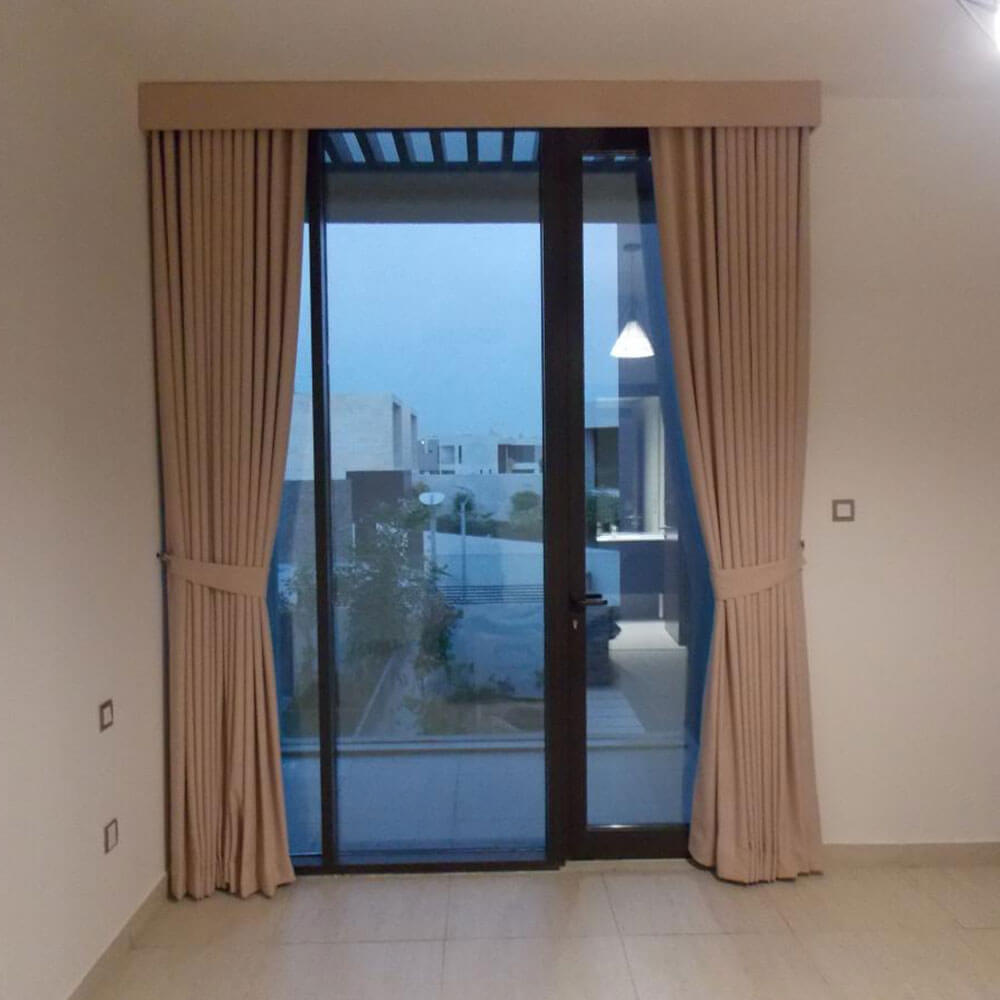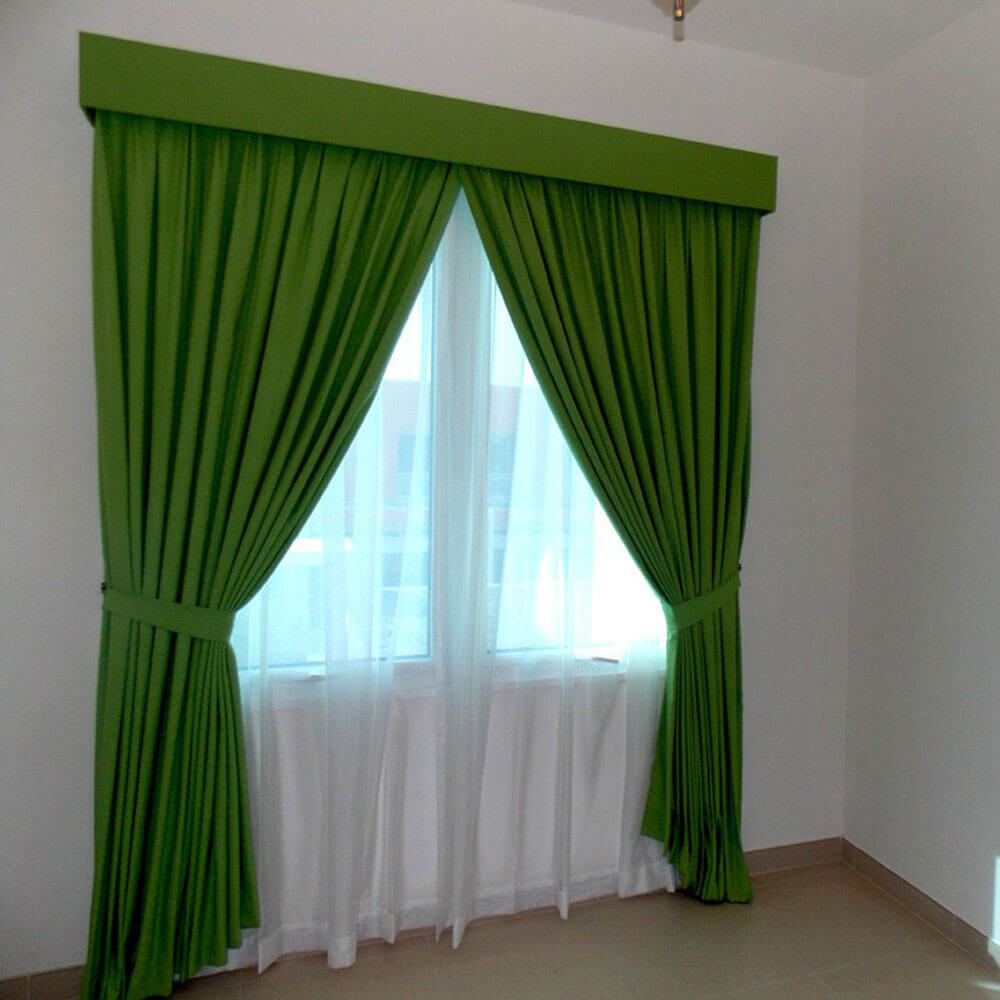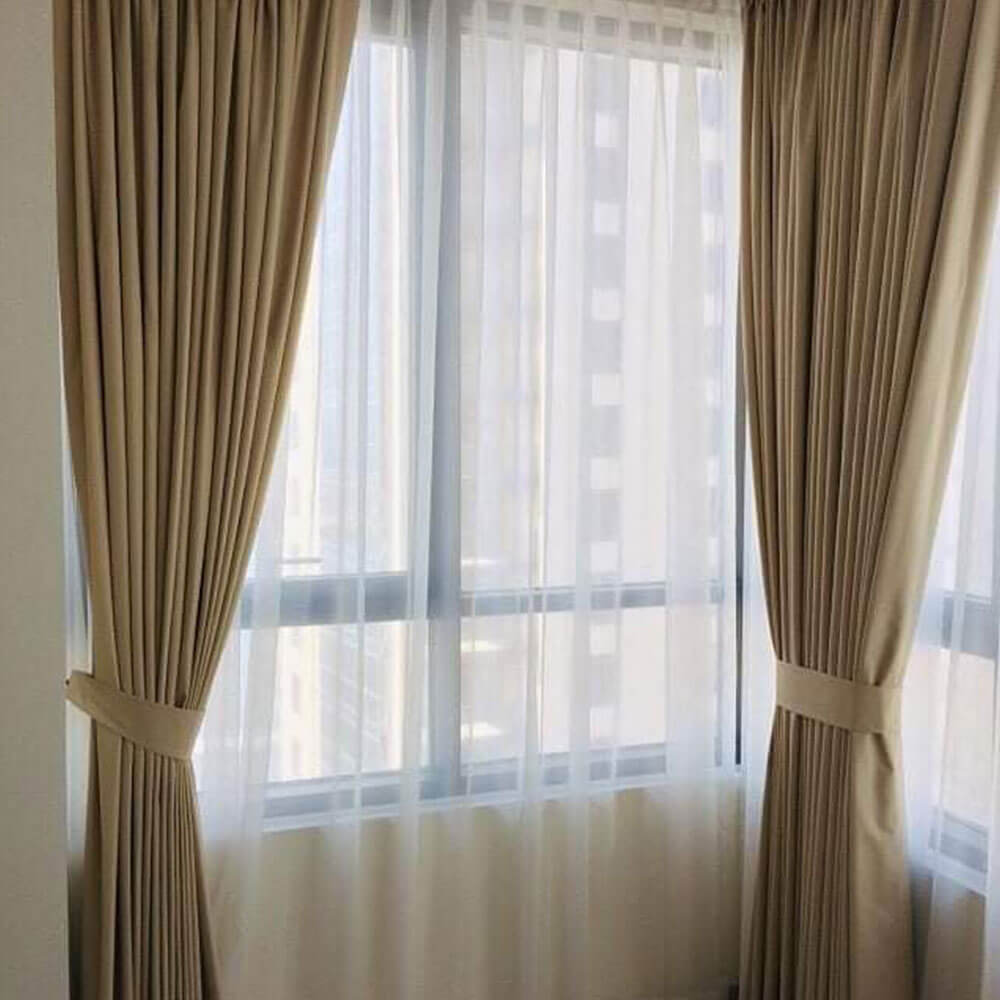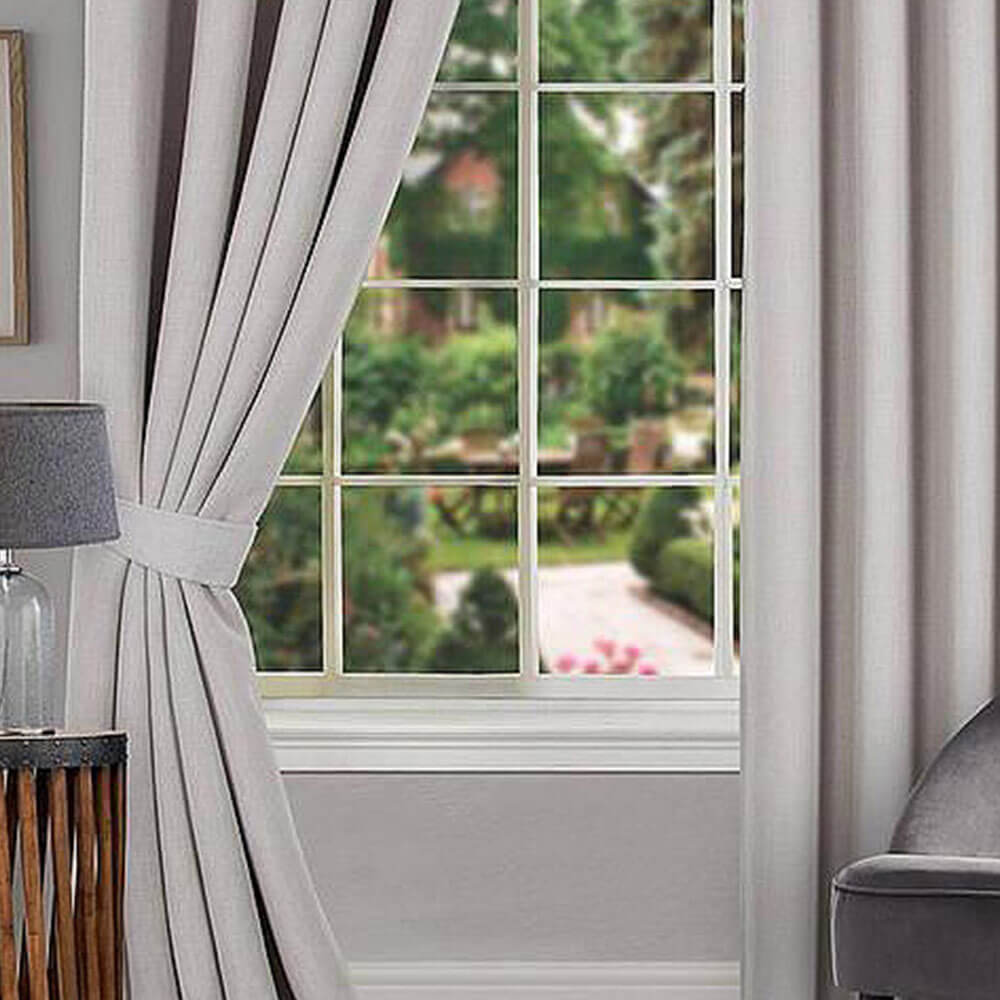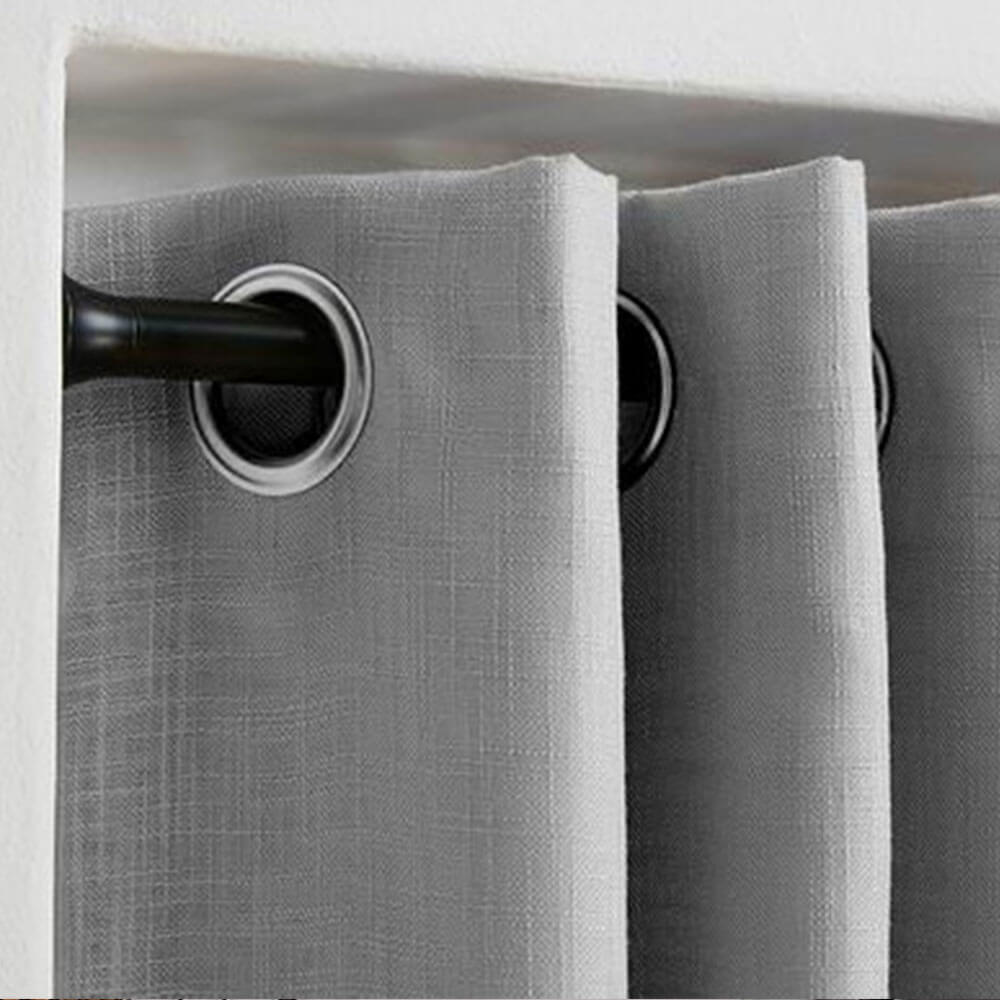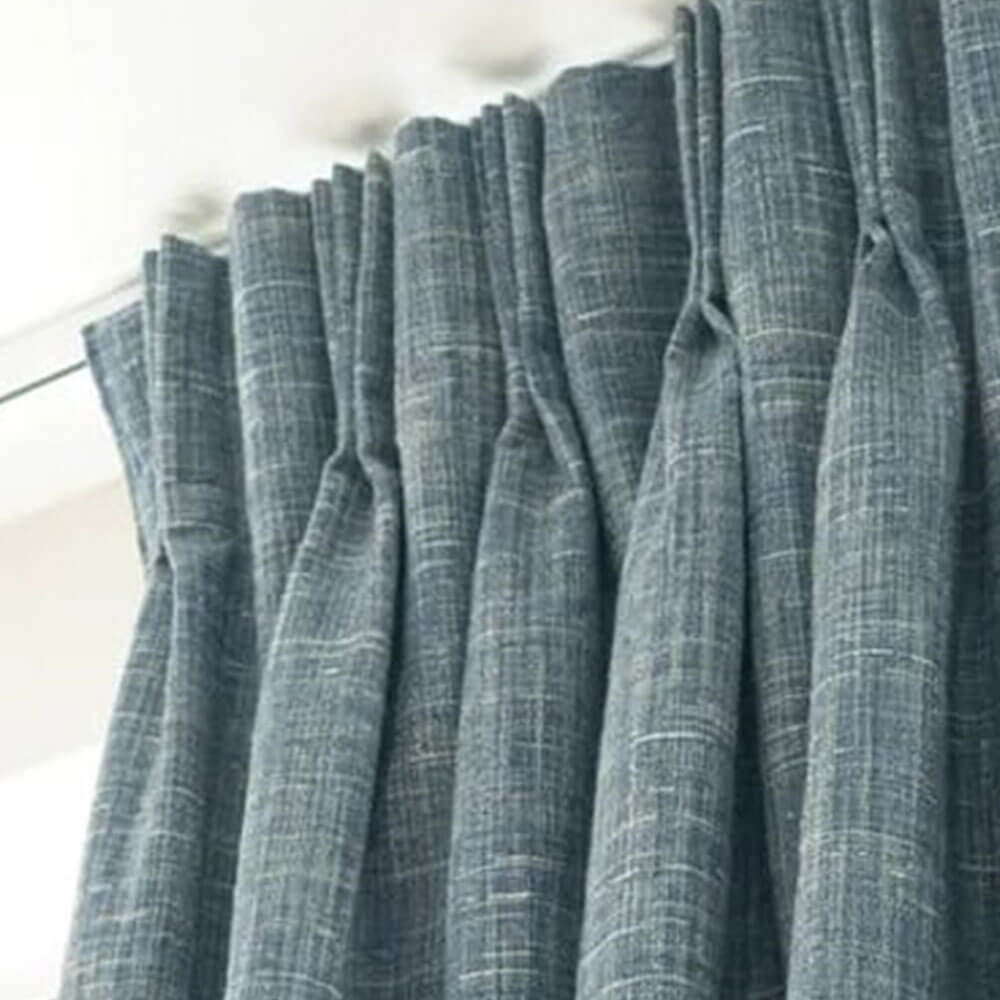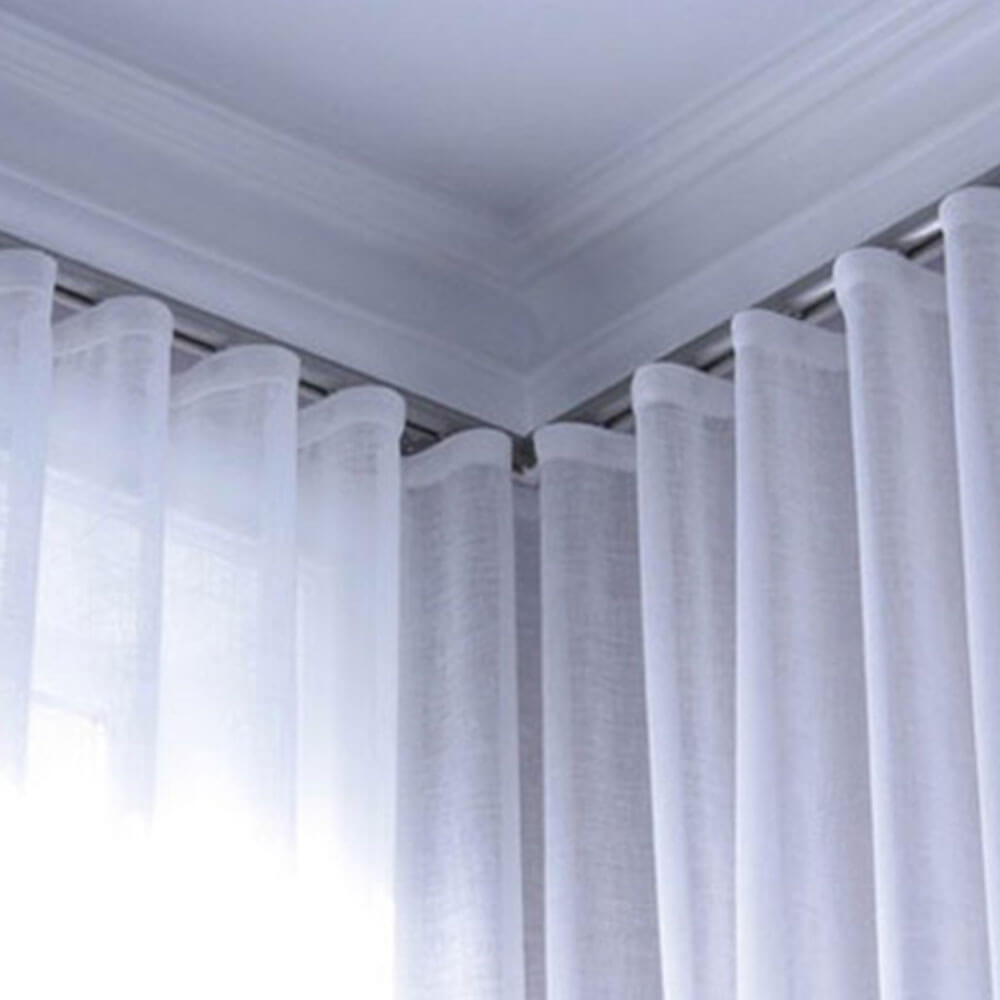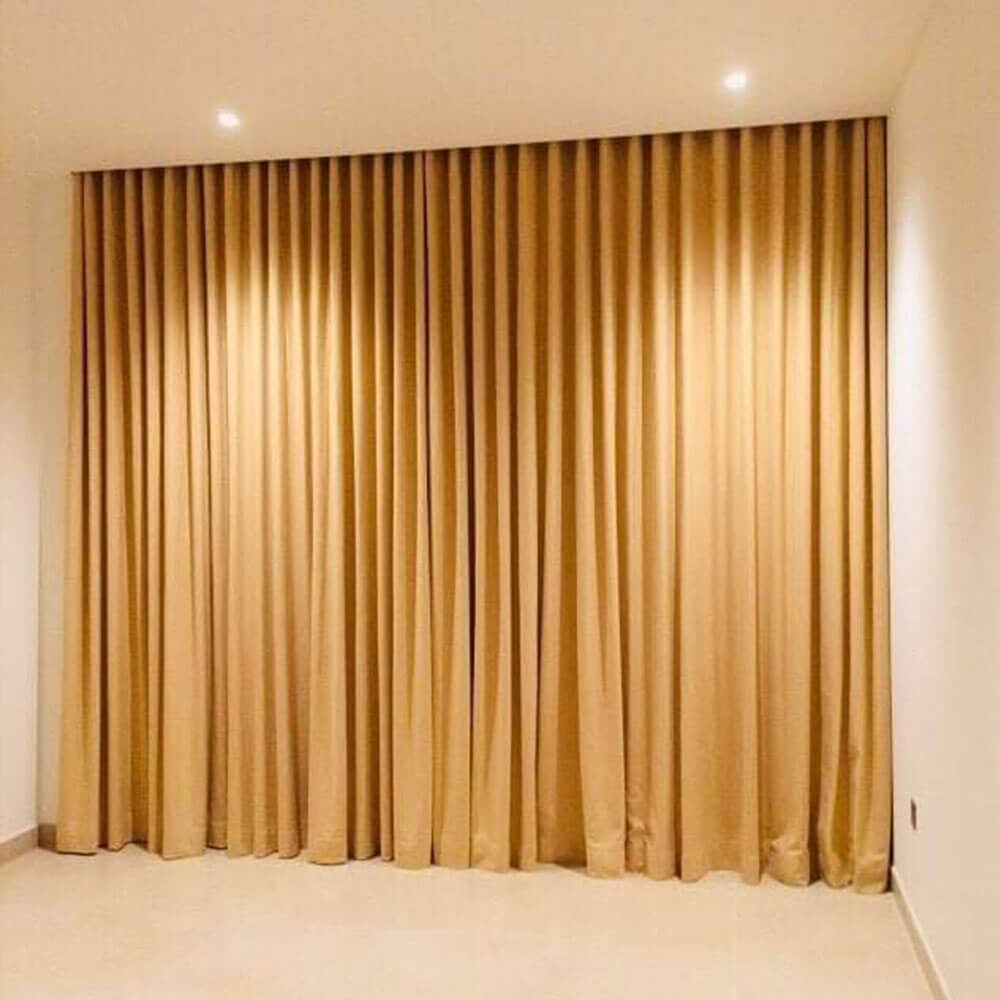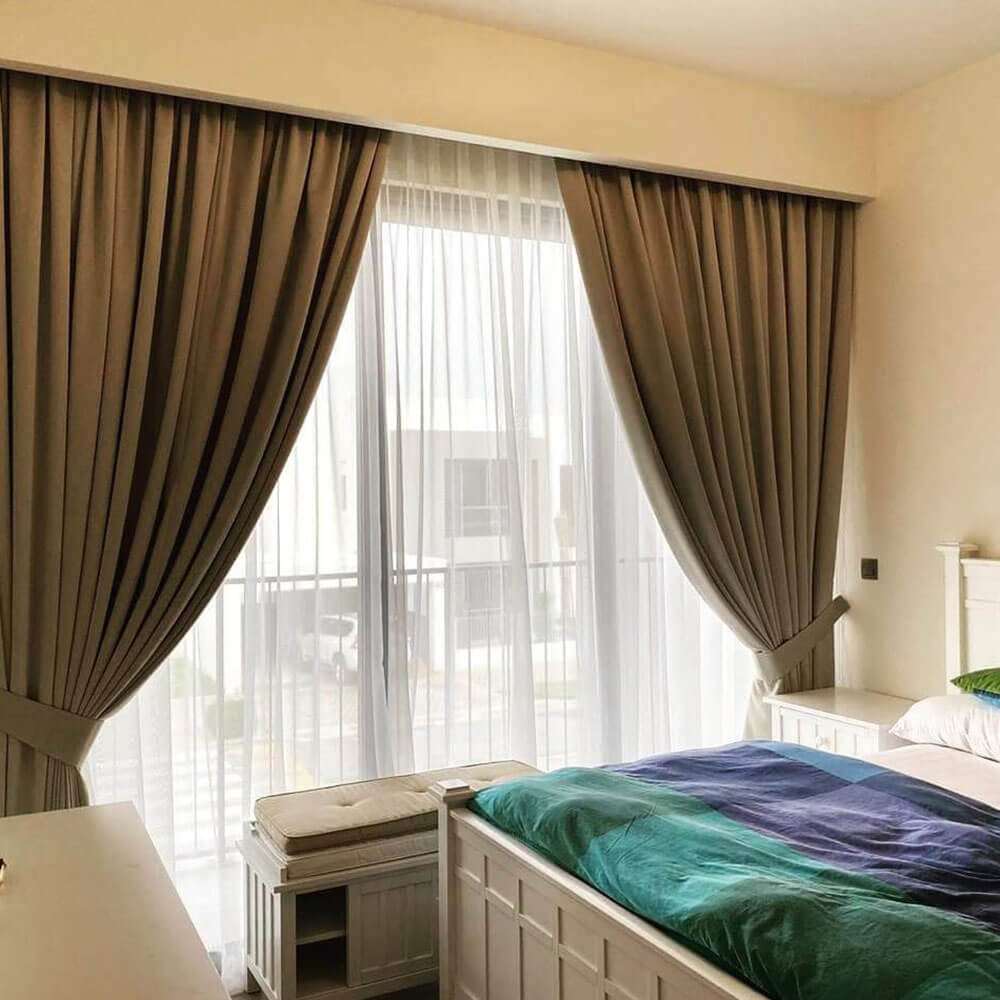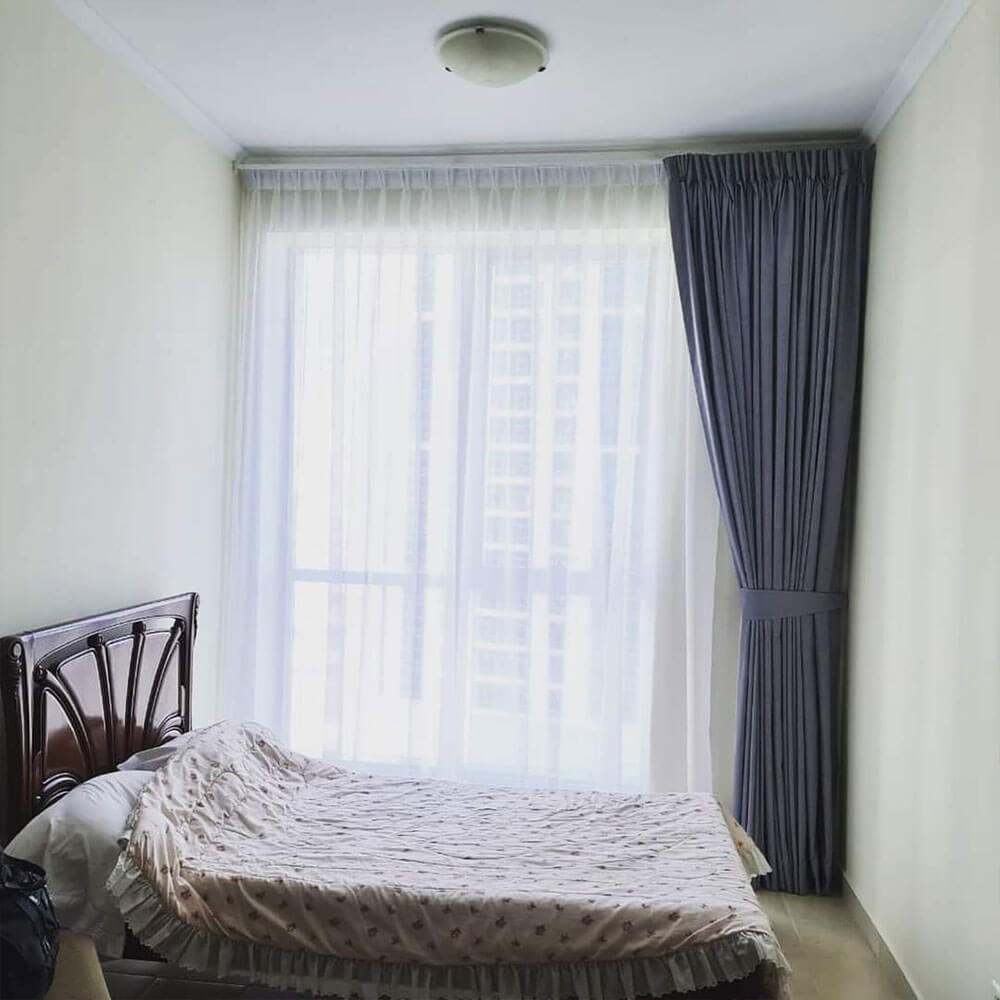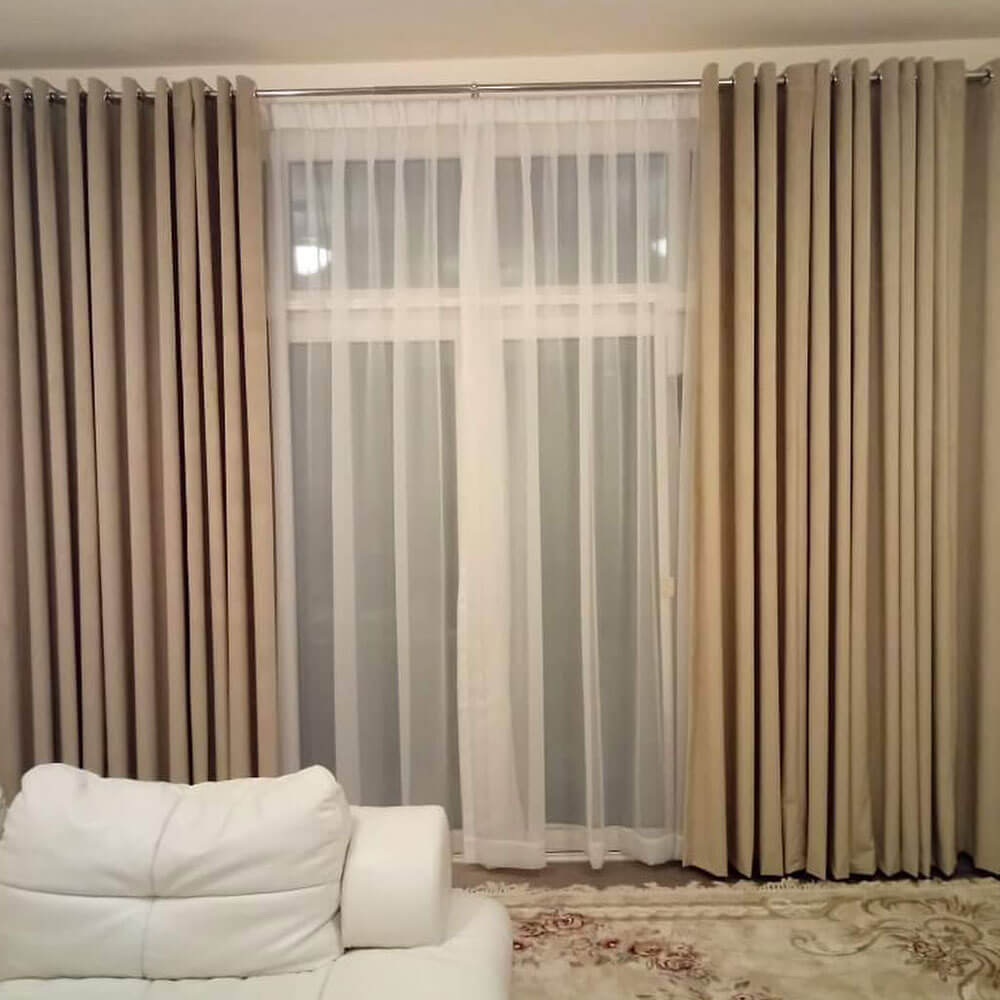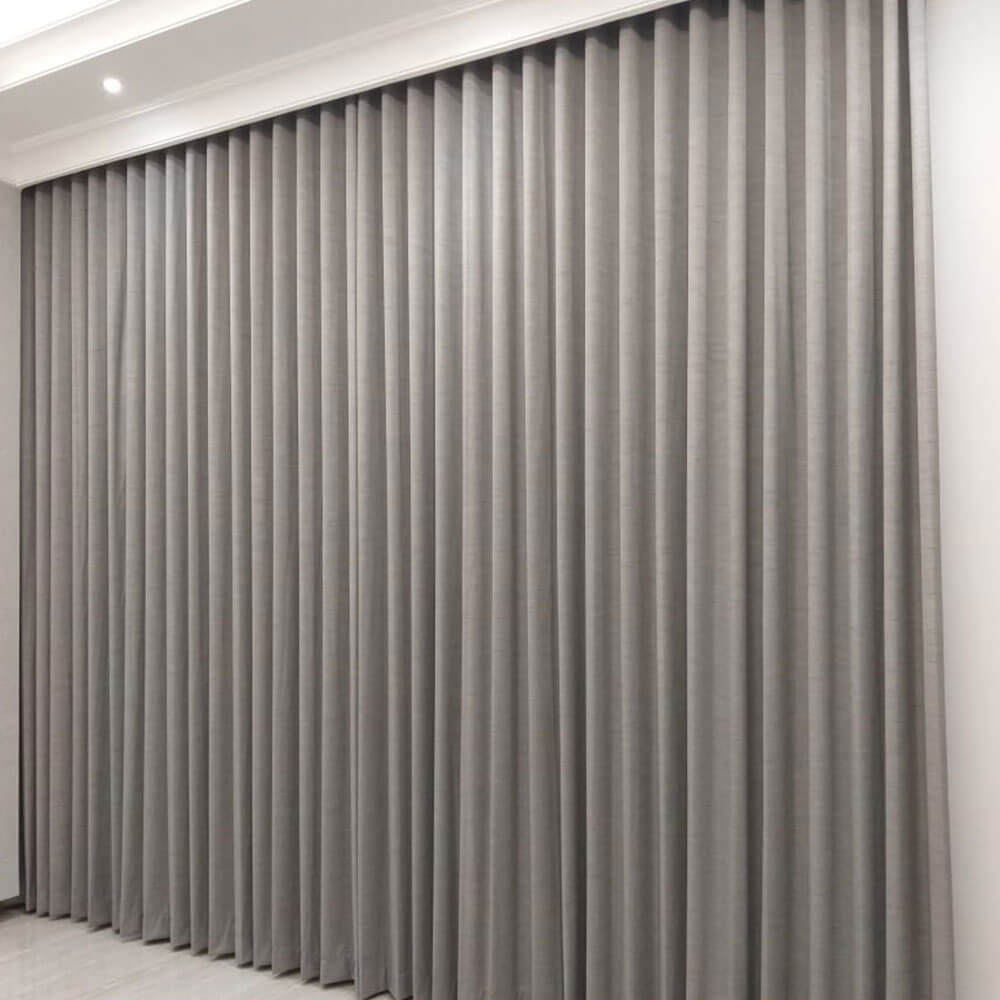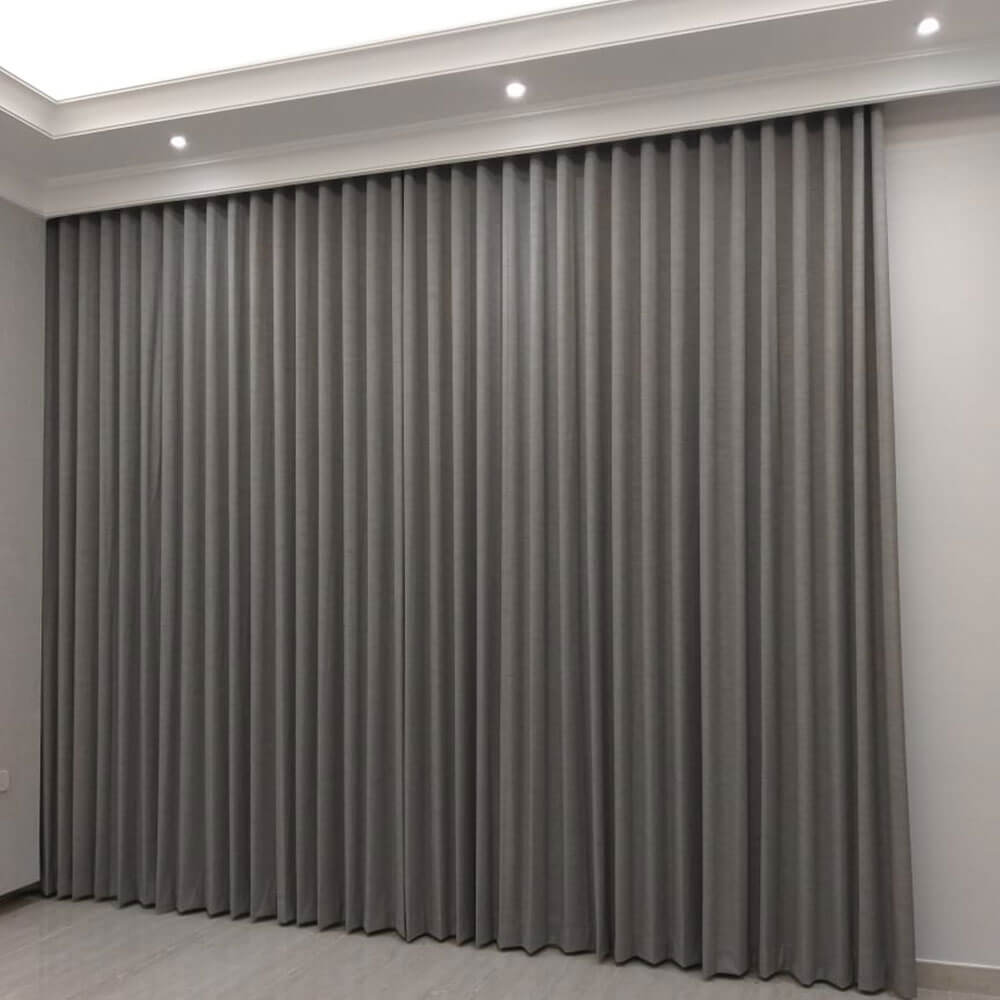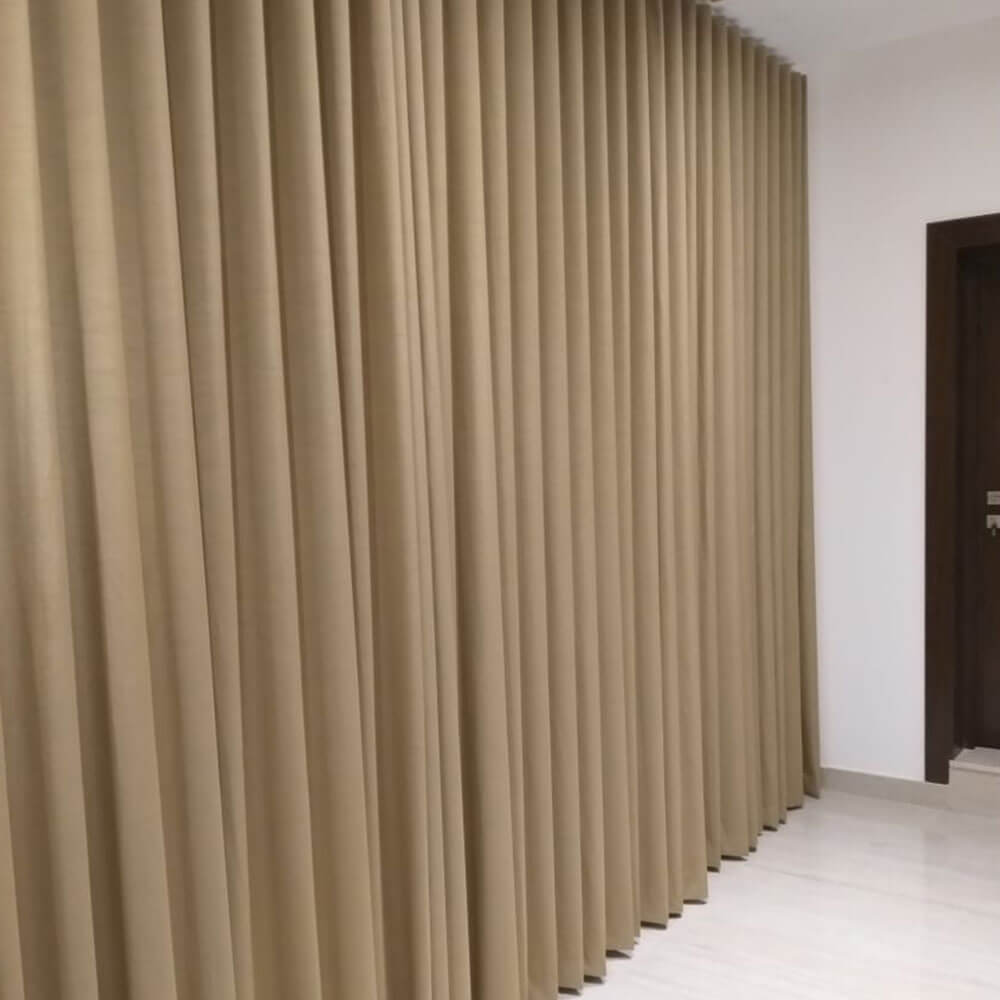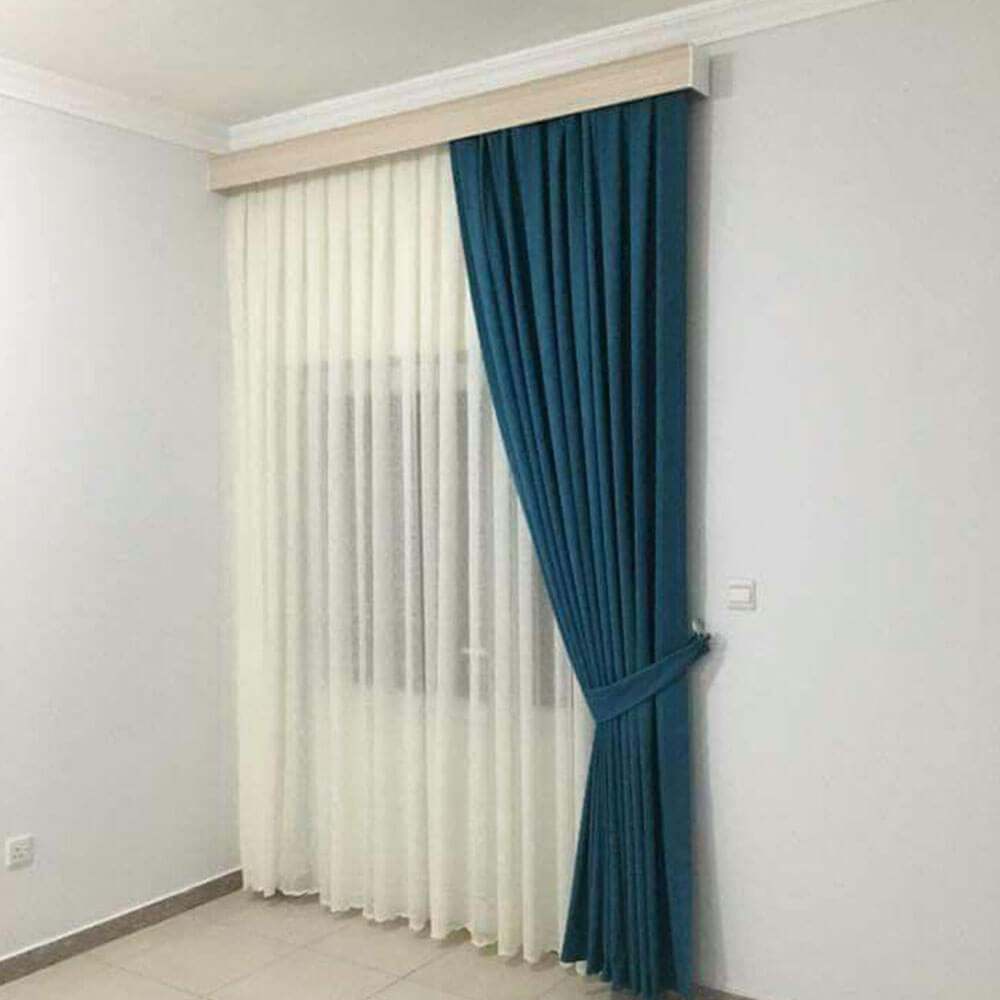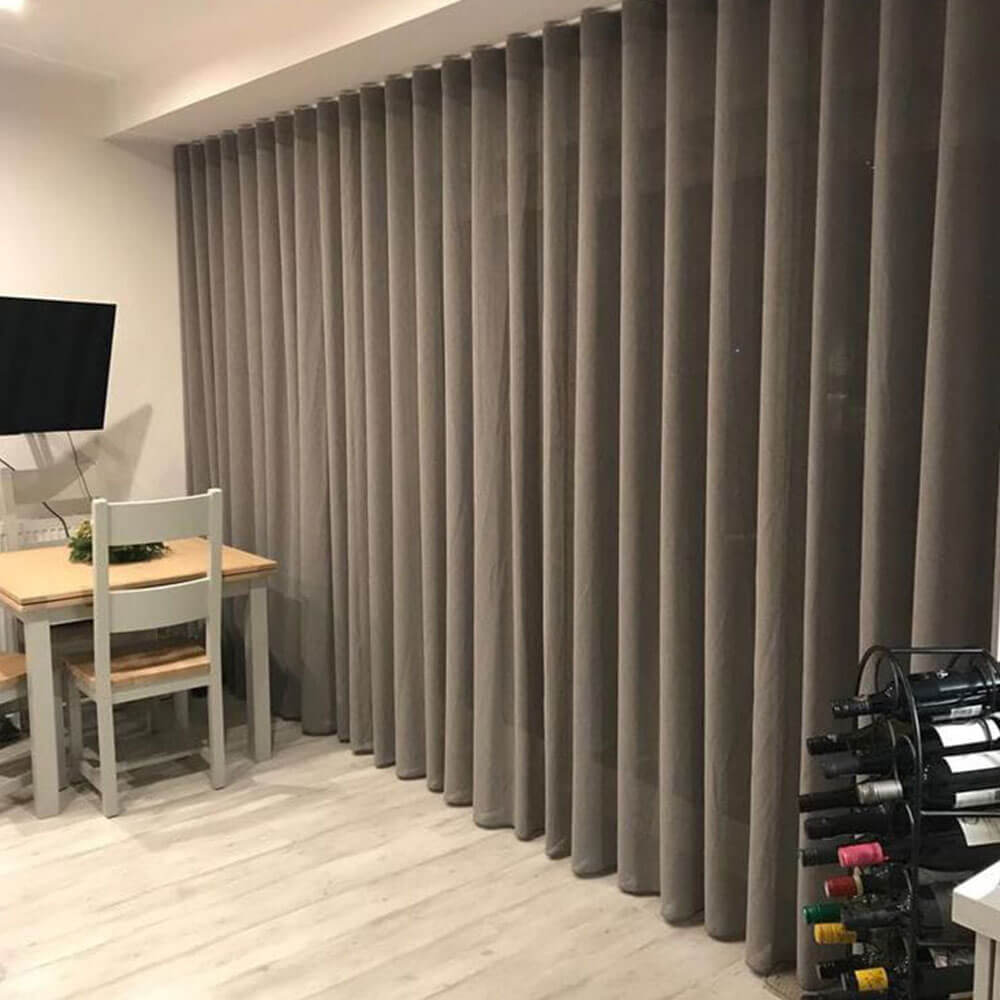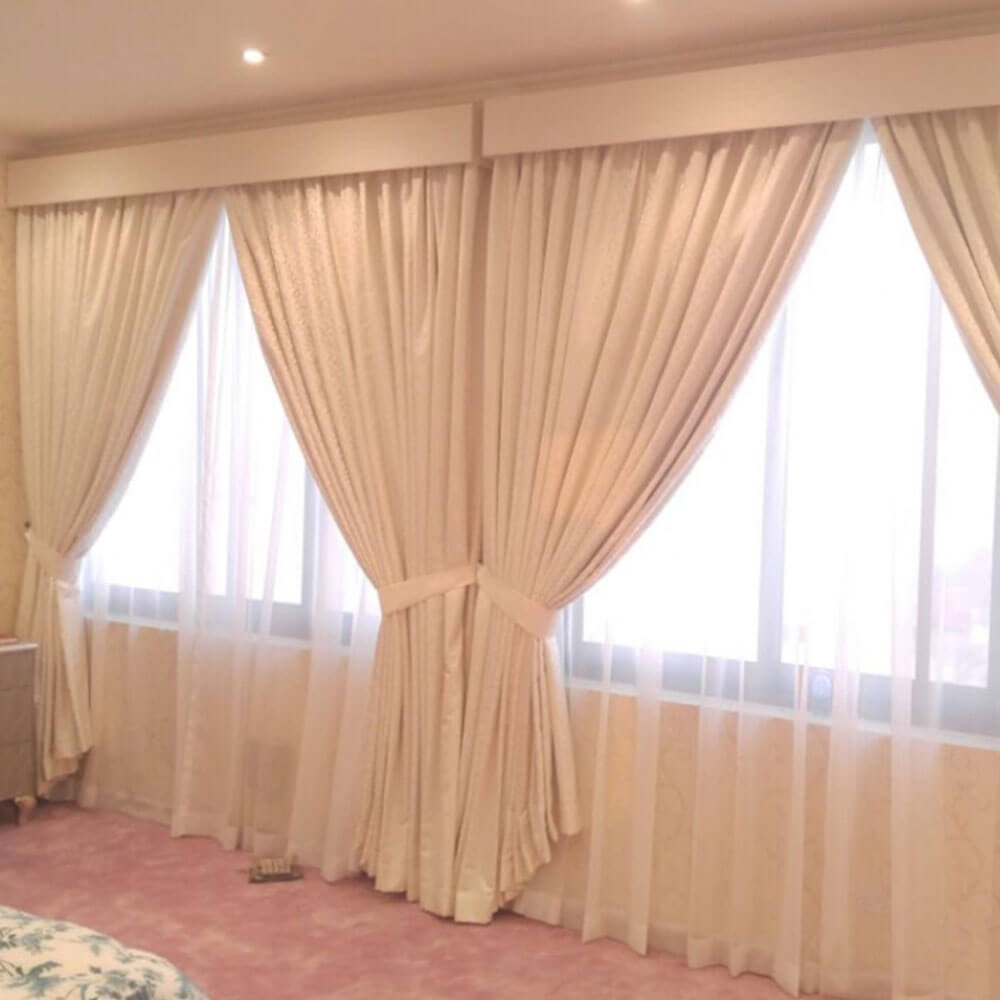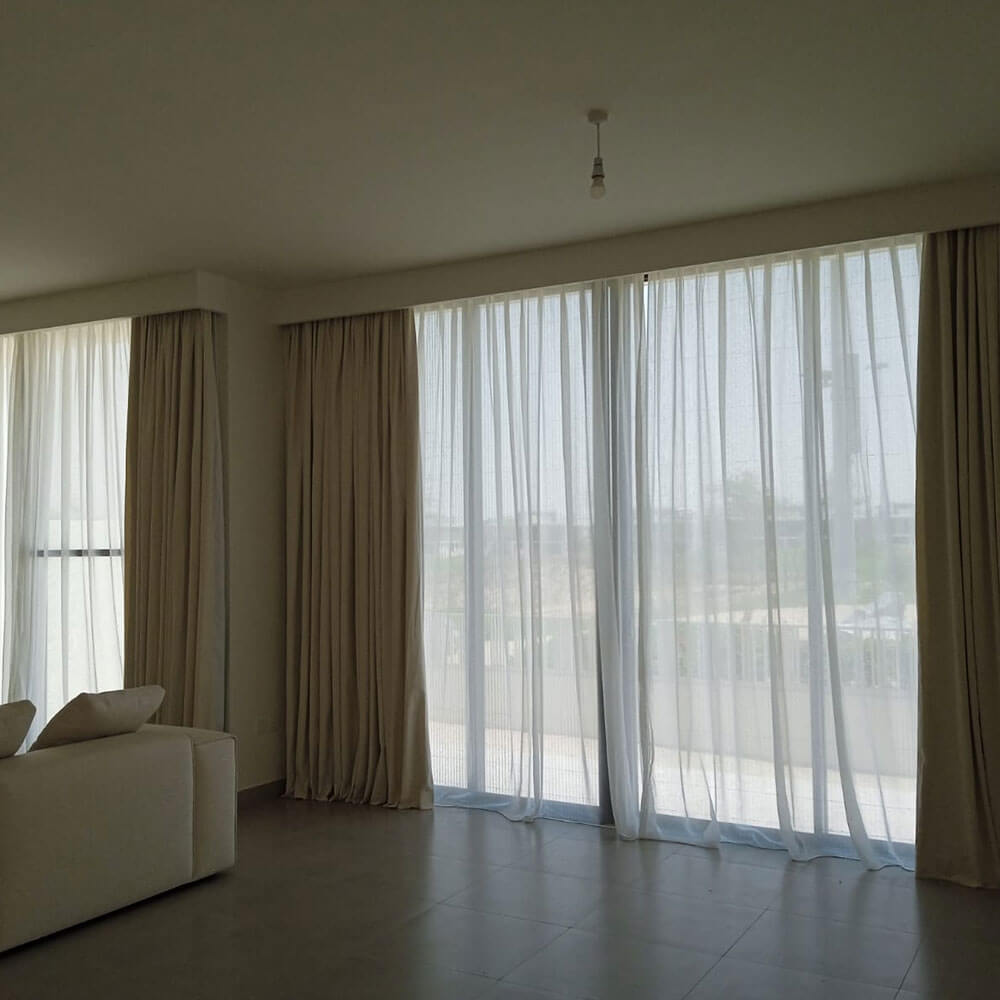For insulation, curtains work well
The amount of airflow between a chilly window and the interior of the room is decreased by curtains. A good set of curtains can cut heat loss in the house by approximately 40%. As a result, your wintertime susceptibility to illness will be reduced, and your heating costs will be reduced. The type of fabric (closed or wide weave), weight, and colour all affect how well curtains insulate. During the warmer months, curtains can help keep your house cool by acting as effective insulators.
Allergens and dust accumulation
Hanging curtains keeps allergens out of your rooms. Pollen and dust enter your home when the doors and windows are open. Curtains serve as a screen and gather these dust particles. They also stop nighttime condensation on windows from letting moisture into your room. It's critical to maintain clean curtains to avoid the accumulation of mould, dust, and pollen because curtains gather these particles. Particularly mould can lead to a less hygienic home and is linked to a number of health issues.
Installing curtains correctly is important for a healthy home
If blocking light or providing insulation are your top goals, then curtains should reach the full length of the window and be positioned nearly to the glass as feasible. This effectively "seals" the space against the entry of heat, moisture, and light through the windows.










